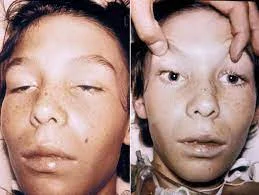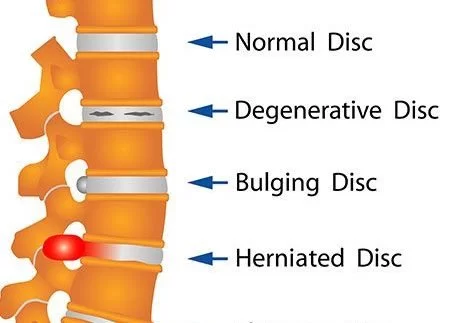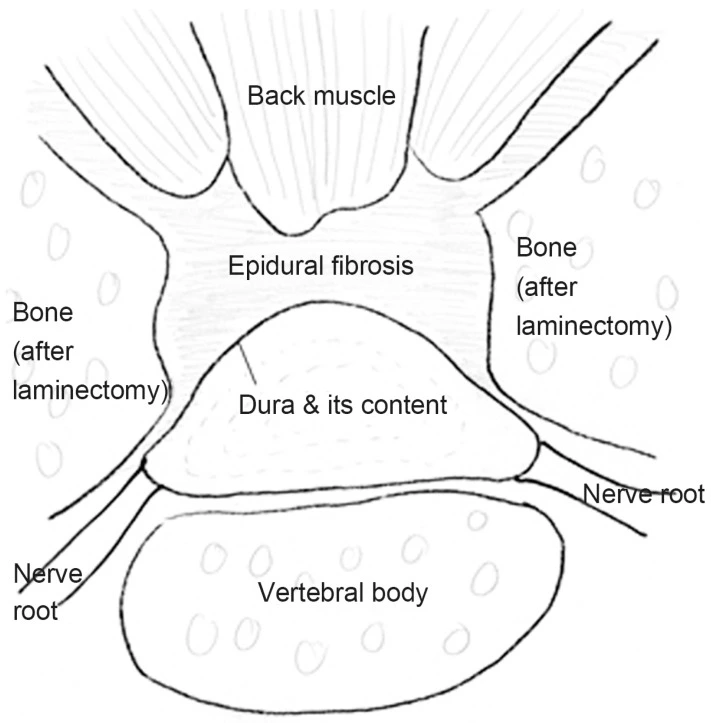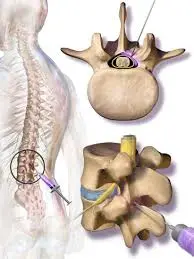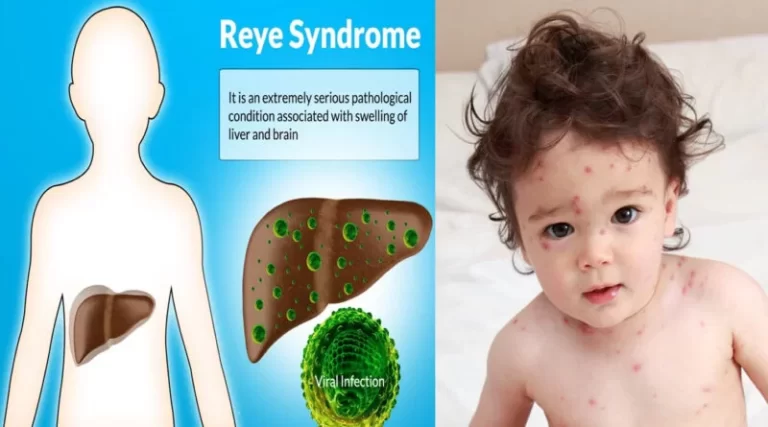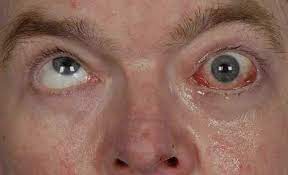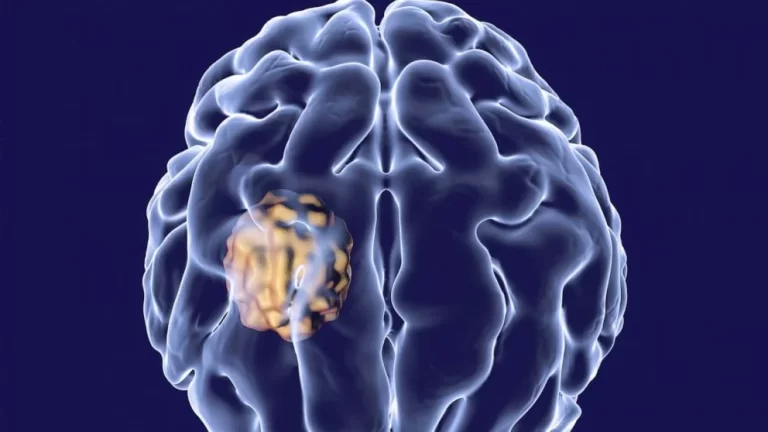Botulism
Botulism (Clostridium Botulinum) What is botulism (Clostridium botulinum)? What happens if you get Clostridium botulinum? Foodborne botulism Other sources of foodborne botulism involve: Infant botulism Wound botulism Iatrogenic botulism Adult intestinal toxemia botulism How common is botulism? What are the signs or symptoms of botulism (Clostridium botulinum)? Symptoms of infant botulism can involve: Symptoms involve:…

